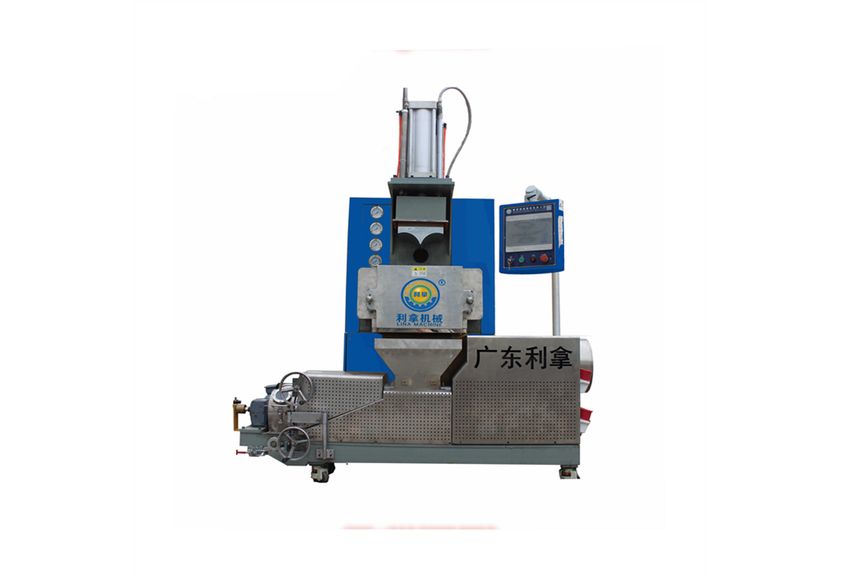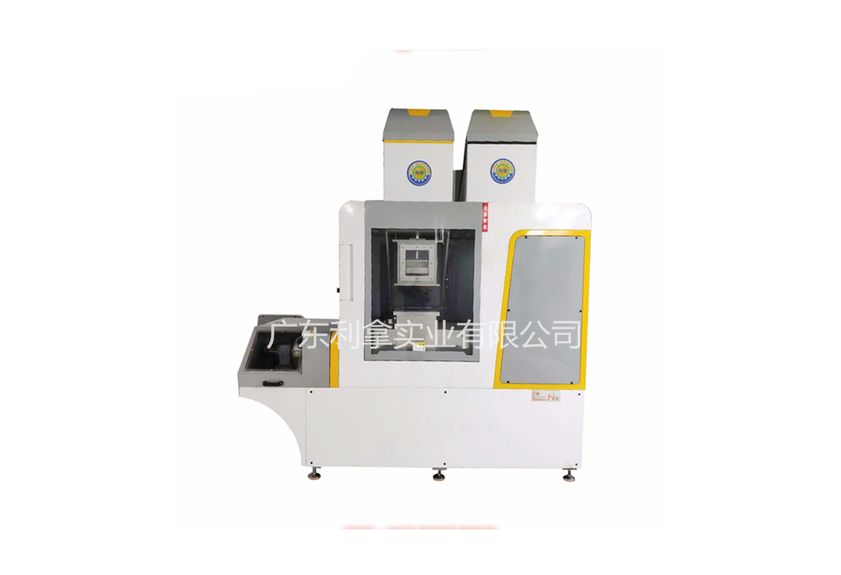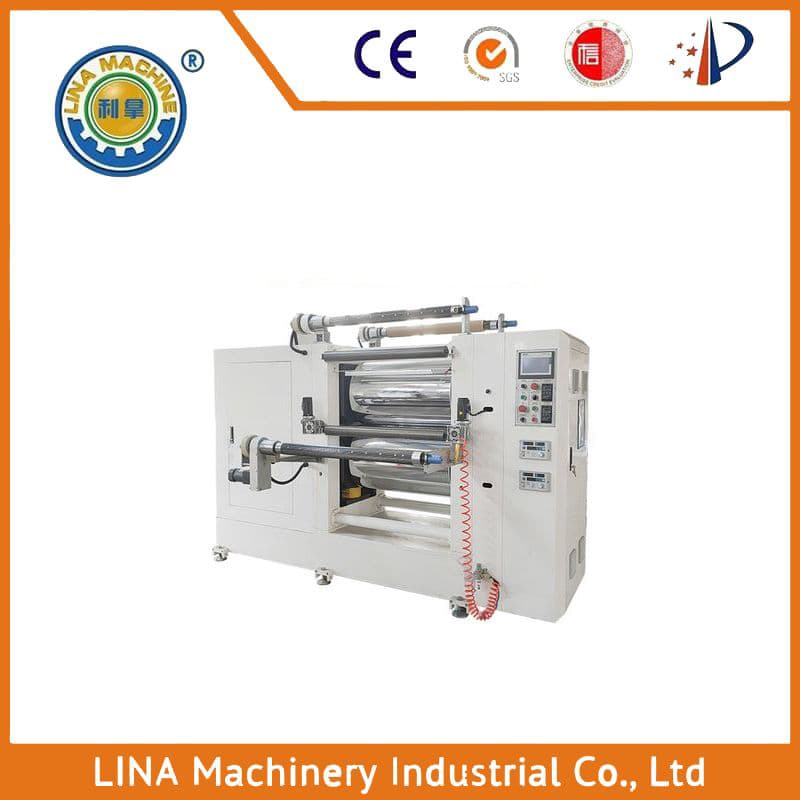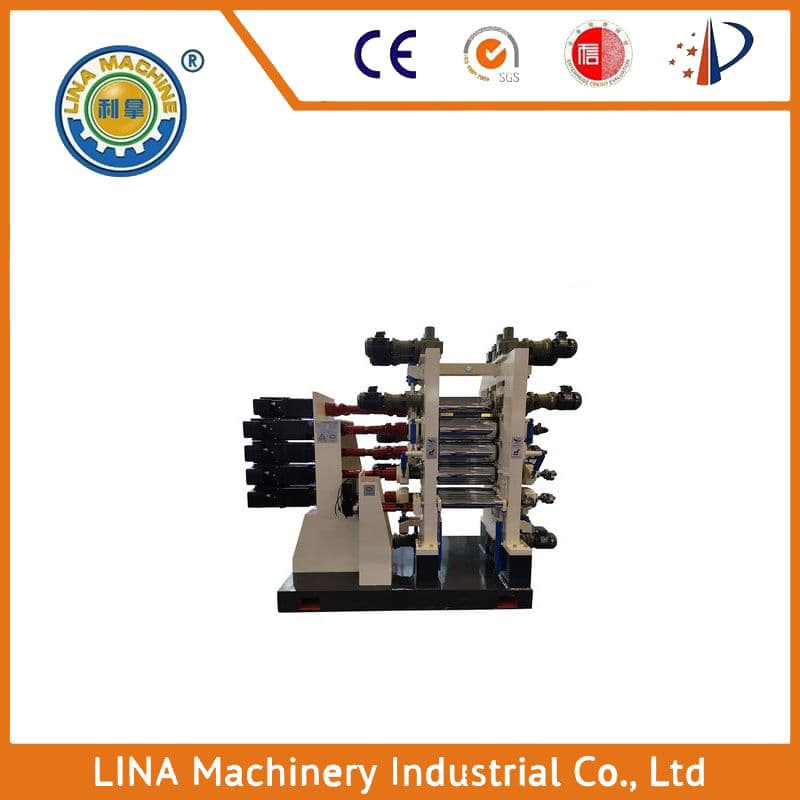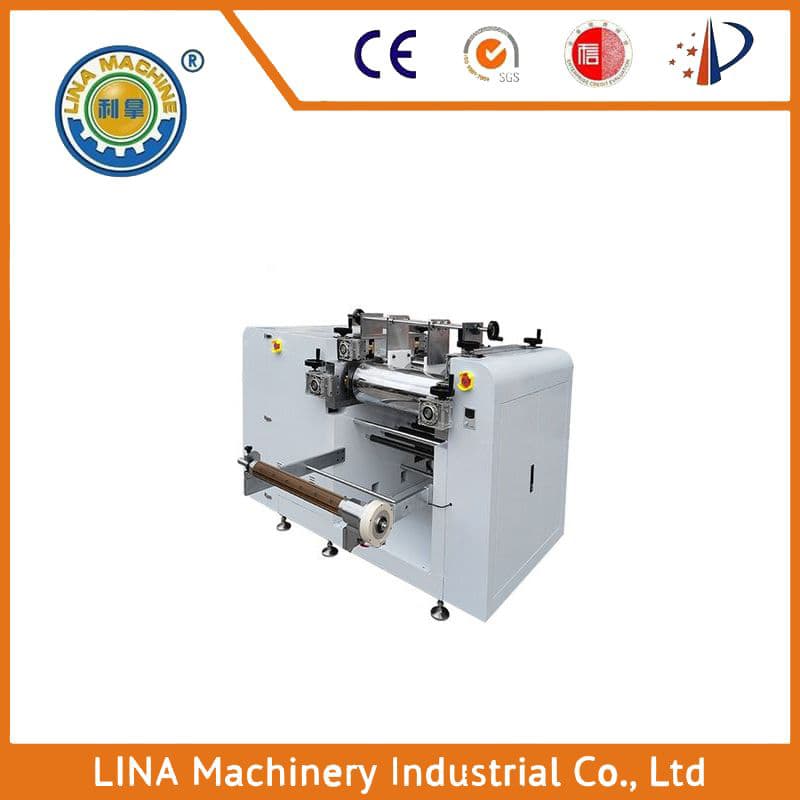The Art of Making Particles from Ceramic Powder
Ceramic powder is a crucial component in the production of ceramic products, such as pottery, tiles, and other ceramic materials. To achieve the desired properties of these products, it is necessary to process the ceramic powder into a uniform and stable particle size. This is where the role of the ceramic powder granulator comes into play.
The ceramic powder granulator is a specialized machine that uses mechanical or chemical methods to break down the ceramic powder into smaller particles. These particles are then collected and processed further to produce the final product. The granulator plays a vital role in the manufacturing process by ensuring that the ceramic powder is processed efficiently and consistently.
There are two main types of granulator used in the ceramic industry: mechanical granulators and chemical granulators. Mechanical granulators use rotating blades or rollers to break down the ceramic powder into smaller particles. These granulators are commonly used in industries that require high-quality ceramic products, such as ceramic tile and pottery. Chemical granulators, on the other hand, use chemicals to break down the ceramic powder into smaller particles. These granulators are commonly used in industries that require low-cost and efficient processing.
In addition to its role in the manufacturing process, the ceramic powder granulator also has several advantages. Firstly, it can be used to process a wide range of ceramic powders, including those with different particle sizes and shapes. Secondly, it can be used to produce high-quality ceramic products with consistent particle sizes and shapes. Finally, it can be used to process ceramic powder at a lower cost than traditional methods.
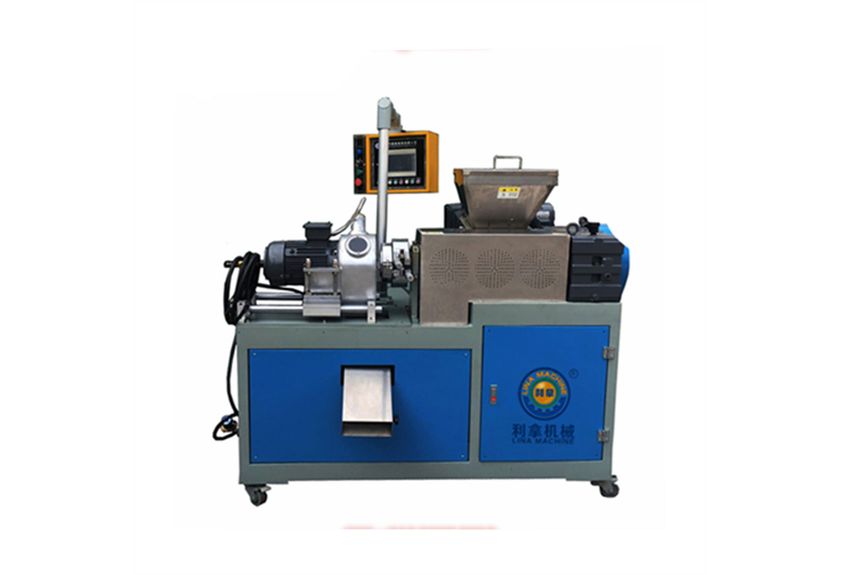
Overall, the ceramic powder granulator is an essential tool in the manufacturing process of ceramic products. Its ability to process ceramic powder into uniform and stable particle sizes ensures that the final product meets the required standards. By using a granulator, manufacturers can improve their product quality, reduce costs, and increase efficiency in the production process.
